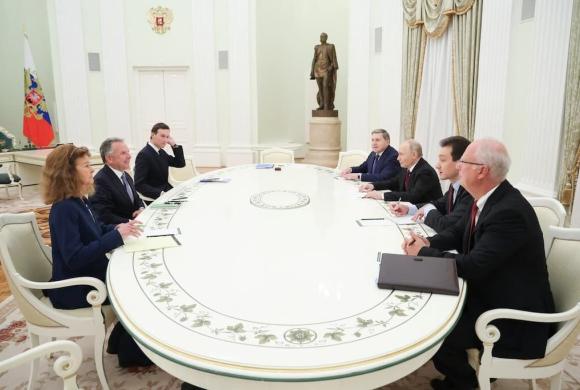Relaunching decoloniality in/for the 21st century

It has become clear by the third decade of the twenty first century that the original views and approaches of decolonial option are not only trivialized and blurred due to their hijacking by all kinds of discourses (from neoliberal to extreme right and left and from anticolonial to neoimperial) but also unable to meet their own decolonial promises or critically engage with the complex and changing social reality. The feminist part of decoloniality is its most promising and viable element, including its internal debates with the decolonial heteropatriarchal mainstream. Decolonial feminisms that used to be marginal, can revamp decoloniality and perhaps save it from becoming a fad. This refers among others to the feminisms of the East and Central Europe, Central Asia and other semi-peripheral environments. In the rivalry of different victimhood narratives, each of which claims a central place in modernity, there is a need for transversal dialogues and deep coalitions as efforts to hear each other and develop a genuine interest in each other for the sake of refuturing. In this configuration the role of the semi-peripheric decolonial feminisms becomes more important, especially in its non-academic activist and artistic forms.
Dr. Madina Tlostanova is a decolonial thinker and fiction writer, professor of postcolonial feminisms, Linköping University, Sweden. She has authored over 190 articles and book chapters, 12 monographs, and three novels translated into many languages. Her research interests include decolonial thought, particularly in its aesthetic, existential and epistemic manifestations, feminisms of the Global South, postsocialist human condition, fiction and art, critical future inquiries and critical interventions into complexity, crisis, and change. Her most recent books include What Does it Mean to be Post-Soviet? Decolonial Art from the Ruins of the Soviet Empire (Duke University Press, 2018), A new Political Imagination, Making the Case (co-authored with Tony Fry, Routledge, 2020), Decoloniality of Knowledge, Being and Sensing (Centre of Contemporary Culture Tselinny, Kazakhstan, 2020), the co-edited volume Postcolonial and Postsocialist Dialogues. Intersections, Opacities, Challenges in Feminist Theorizing and Practice (co-edited with Redi Koobak and Suruchi Thapar-Björkert, Routledge, 2021) and the most recent experimental book Narratives of Unsettlement. Being Out-of-joint as a Generative Human Condition (Routledge, 2023).
The lectures series is part of Ghent University Doctoral School programme aimed to advance postcolonial and decolonial critiques from a Central and Eastern European (CEE) standpoint to overcome the epistemic dichotomy of West versus East, North vs. South prevailing in the Western academic canon. The lectures are open to students and academics of all levels and disciplines interested in the theme and theory building. The lecture series is organised by the Department of Social Work and Social Pedagogy in close collaboration with inter-university partners CESSMIR and EurEast Platfrom and outside-university partners ULB, Euroglot, and UNU-CRIS.




